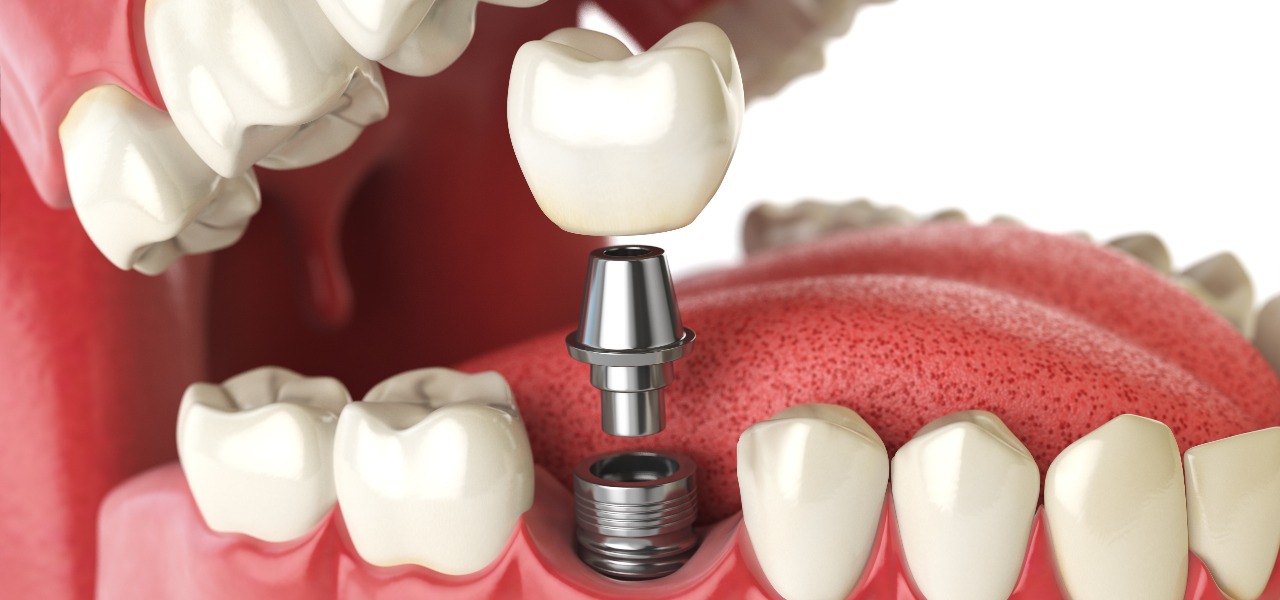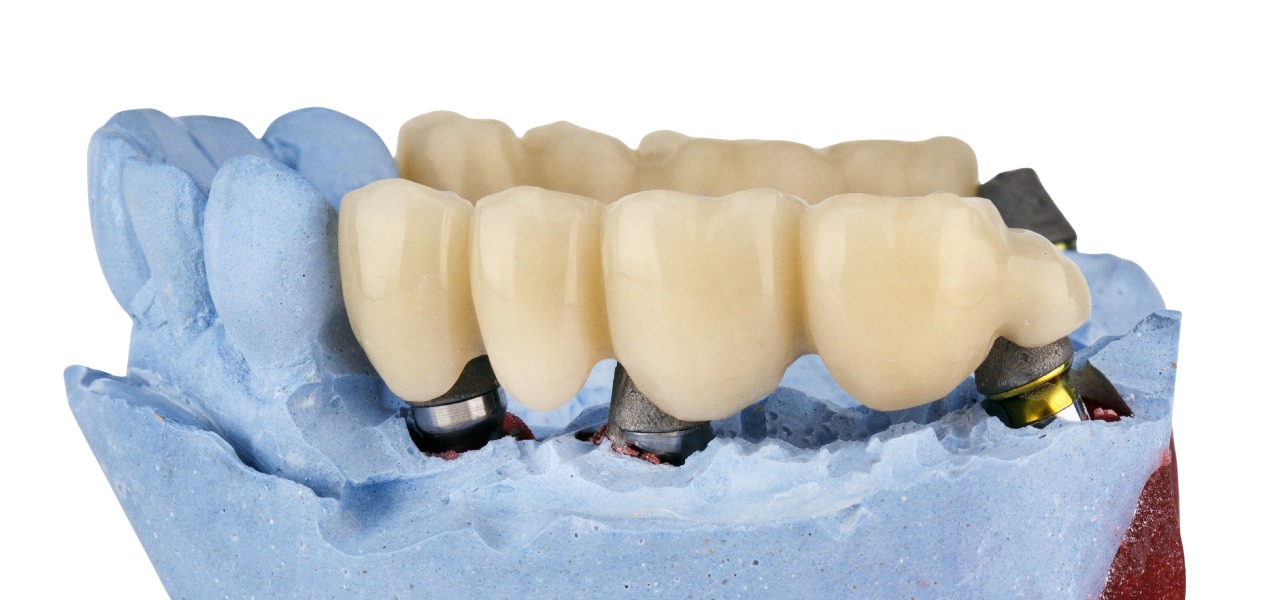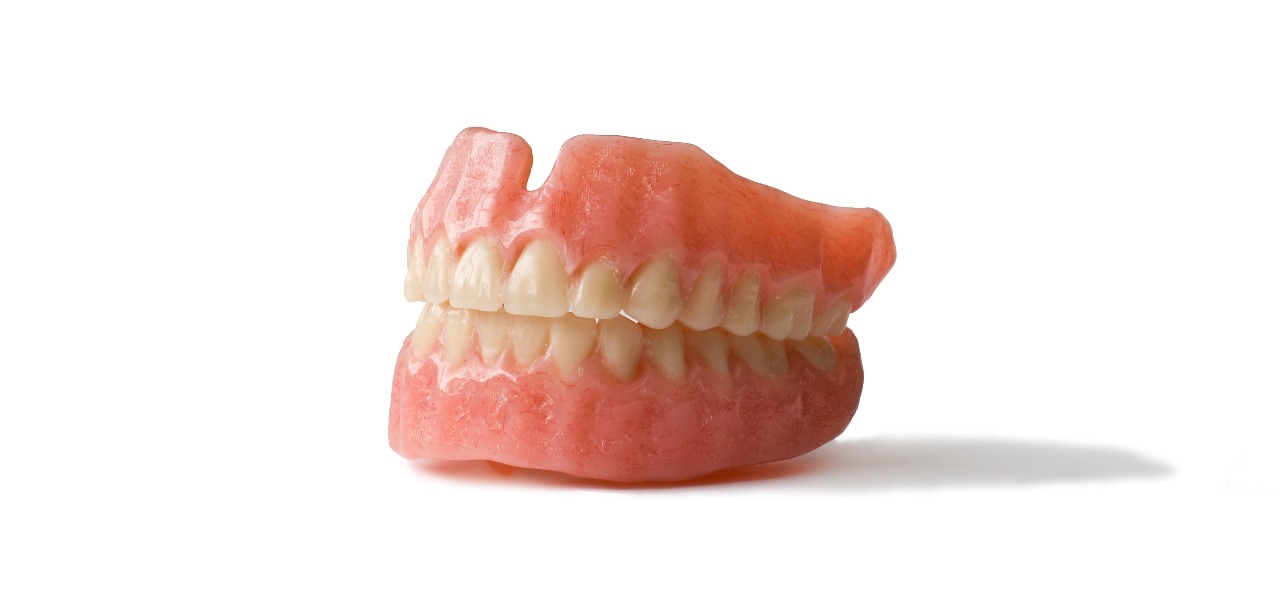IMPLANT DENTISTRY
DENTAL CROWNS
DENTAL BRIDGES
Root Canal
SMILE AESTHETICS
Dental Veneers

IMPLANT DENTISTRY
DENTAL CROWNS
DENTAL BRIDGES
Root Canal
SMILE AESTHETICS
Dental Veneers


Tooth extraction is often your last resort when a tooth is too damaged or infected to save.
Dentists typically avoid extractions because they can cause tooth movement, chewing difficulties, and even speech problems.
If that tooth is affected by cavities, periodontal disease, or fracture, it must be extracted. In this article, we’ll cover the definition, procedure, recovery, replacement options, and cost of tooth extractions.
It is a procedure in which a dentist, using specialised tools, removes a tooth from its socket to extract a tooth that cannot be repaired.
Healthcare providers prefer to preserve natural teeth when possible. However, sometimes restorative methods, such as fillings or crowns, may no longer work. This may be because the tooth is damaged beyond repair; therefore, removal will be necessary.
Common reasons for extraction include:
Once your dentist confirms extraction as the best option, proper preparation helps ensure a safe and smooth procedure.
Patients only need to inform their dentist of any medications, vitamins, or supplements they are currently taking. This is crucial as some medications can slow down your healing after surgery or cause health complications.
During the initial consultation, your dentist will discuss the sedation options available. We highly recommend it if you have dental anxiety or want to be more relaxed during the removal process.
We’ve also provided a checklist of what occurs during the initial clinic visit.
With preparation complete and the foundation set, you’re ready for the extraction itself.
A typical tooth extraction is straightforward:
Tooth removal usually takes between 30 and 60 minutes. We do not recommend multiple tooth extractions in a single session unless your pain tolerance is very high.
Removing a damaged tooth is only the first step, and planning its replacement is just as important.
The first 24 and 48 hours are the most important for recovery. At this time, it’s normal to experience mild swelling, bleeding, and some discomfort as your body begins to heal.
Your gum’s time to heal usually starts closing within one to two weeks, while deeper bone healing takes longer, often months. To enhance your healing process, you must follow your dentist’s aftercare instructions. This minimises complications and helps ensure a smooth recovery.
Recovery is vital, and with proper aftercare, most patients heal smoothly within weeks.
These are the guidelines that your dentist will advise you to do to speed up your healing process. The NHS released a pdf guide that contains best tips for aftercare.
We’ve compiled a table that contains the essentials of what to expect, do and avoid in the first 3 months after getting your tooth removed:
| Timeframe | What to Expect | Do | Don’t |
| First 24–48 hours | Swelling, minor bleeding, and discomfort are common. | Use ice packs, rest, and follow medication. | Don’t smoke, drink alcohol, or spit forcefully. |
| First week | Symptoms ease; gums begin to close. | Eat soft foods, rinse gently with saltwater. | Avoid hard or crunchy foods. |
| 1–2 weeks | Gum tissue mostly healed; mild tenderness may remain. | Continue good oral hygiene carefully. | Don’t poke the area with your tongue or objects. |
| 1–3 months | Bone and deeper tissues heal beneath the gums. | Attend follow-up visits if scheduled. | Don’t neglect oral care routines. |
Removing a bad tooth is important, but planning what comes next matters just as much.
Replacements for the extractions are commonly used after extraction. They are meant to fill the gap where your tooth used to be. This helps restore normal chewing in that area, reduces pressure on adjacent teeth, and avoids changes in your bite. That said, your dentist will recommend one of three options.



Teeth extraction is under NHS band 2, whereas surgical procedures are under band 3. Your dentist will inform you of what will be required during the preparation stage.
| Type of Service | Cost in England |
| NHS Band 2 extraction | £75.30 |
| NHS Band 3 (surgical) | £326.70 |
| Private simple extraction | £80–£250 |
| Private surgical extraction | £150–£500 |
| Private wisdom tooth | £200–£600 |
Bands 2 and 3 also cover the exam, X-rays, and extraction. The fee is £75.30 as of April 2025.
While prices have not always been this high, they were historically lower.
With tooth extraction and its replacement in check, we’ll discuss the most asked questions and answer them in case you were curious about anything.
You must rest well, avoid strenuous activity for the first 24–48 hours, and stick to soft foods. Don’t poke or touch the extraction site, as this can disturb the clot and slow healing.
You should not rinse your mouth for the first 24 hours, as this may dislodge the clot. Subsequently, rinse gently with warm saline to keep the area clean.
Avoid alcohol and smoking for at least 48–72 hours, since both can irritate the site and increase the risk of dry socket. Water and non-carbonated drinks are best for staying hydrated.
You may brush your other teeth as usual, but avoid brushing directly at the extraction site for a few days. Don’t use mouthwash unless prescribed, as it can interfere with clotting.
Place clean gauze over the site and apply firm pressure for 30 minutes. If bleeding continues beyond a few hours or becomes heavy, contact your dentist immediately.
